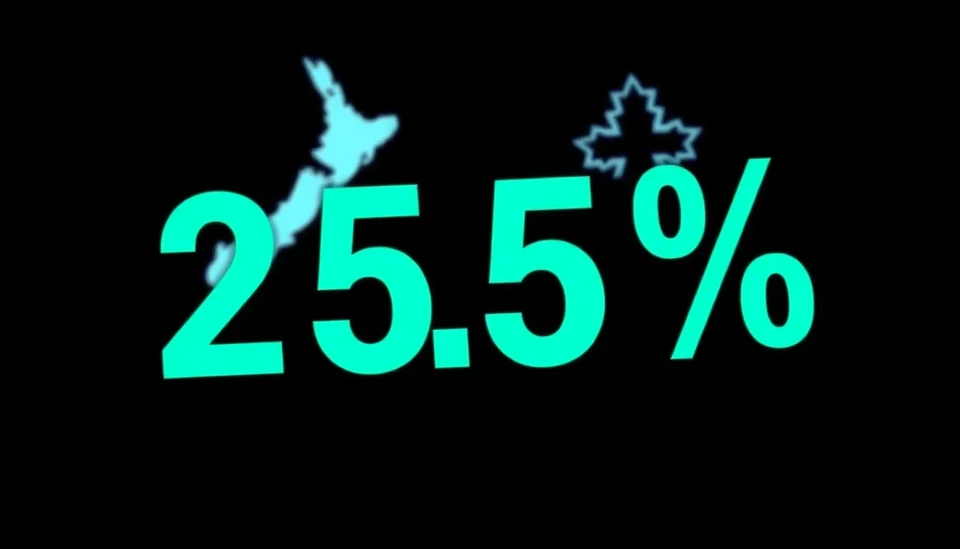
A prominent solar energy company in New Zealand has announced it is ceasing operations, raising concerns within the renewable energy sector. This news comes as a significant blow not only to the industry but also to investors who placed their trust in the firm, which was financially backed by the investment giant BlackRock. The company's abrupt collapse has sparked discussions about the future of solar energy ventures and sustainability efforts in New Zealand.
The company, which had been at the forefront of solar technology and innovation in the region, faced a series of challenges that ultimately led to its decision to stop operations. According to sources familiar with the situation, the firm's financial difficulties were exacerbated by an inability to secure further investment, despite the backing from BlackRock, known for its substantial investments in sustainability and renewable energy projects worldwide.
In recent years, New Zealand has seen a significant surge in interest in solar energy, with numerous companies entering the market and government policies encouraging renewable energy growth. However, the closure of this particular solar firm highlights the precarious nature of the market and the potential risks associated with investing in emerging technologies that may not yet have solidified their business models.
This development raises questions about the broader implications for the renewable energy landscape in New Zealand. Industry experts point out that the market must adapt to increasing competition and potentially volatile swings in funding. The collapse serves as a cautionary tale to both investors and entrepreneurs in the renewable space, emphasizing the need for robust financial strategies and sustainable operational frameworks.
In light of these events, stakeholders are left to ponder how to navigate the complexities of the solar energy industry, especially as larger players like BlackRock continue to explore investment opportunities in this sector. The firm’s closure may influence BlackRock's future investments in New Zealand's renewable energy portfolios, prompting deeper scrutiny into how companies can maintain viability within an ever-evolving market.
As the dust settles on this announcement, regulatory bodies, investors, and competitors are expected to closely examine the factors that contributed to the company's downfall. Analysis of operational practices, funding approaches, and market conditions will likely be critical in understanding this high-profile failure and preventing similar occurrences in the future.
Ultimately, this incident serves as a reminder of the vulnerabilities within the renewable energy sector. While the transition to greener energy sources is more vital than ever, companies within this sphere must strive for not only innovation but also sustainable growth practices to ensure they can withstand the pressures of a competitive market.
As industry players await more information about the closure and its surrounding circumstances, it is essential for all stakeholders to learn from this situation to foster a more resilient renewable energy industry in New Zealand and beyond.
#NewZealand #SolarEnergy #BlackRock #RenewableEnergy #Investment #BusinessClosure #Sustainability
Author: Megan Clarke




